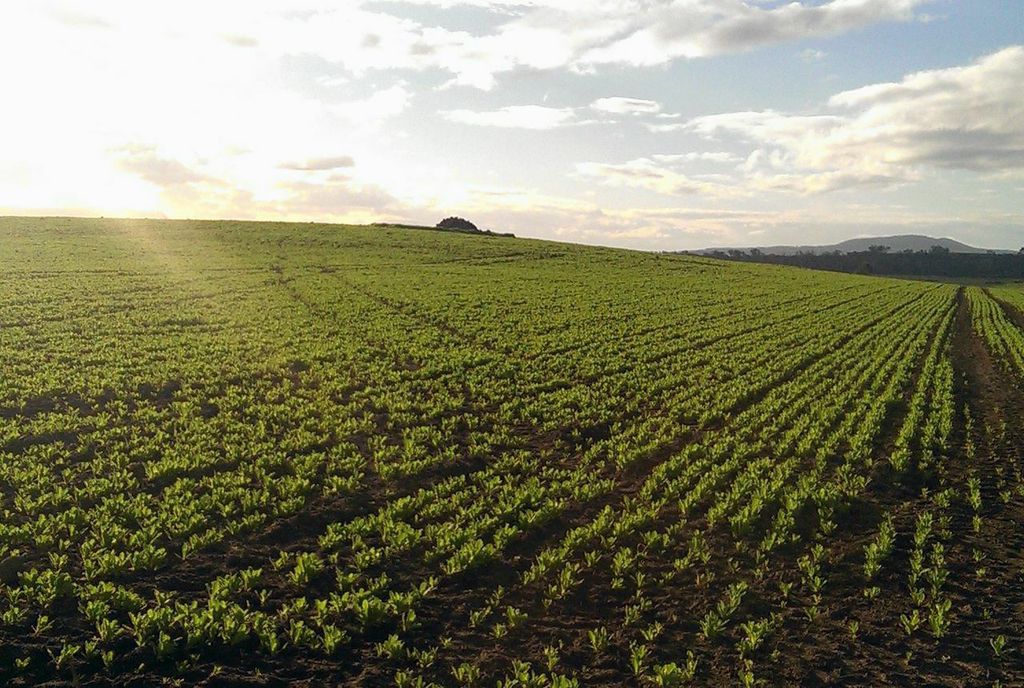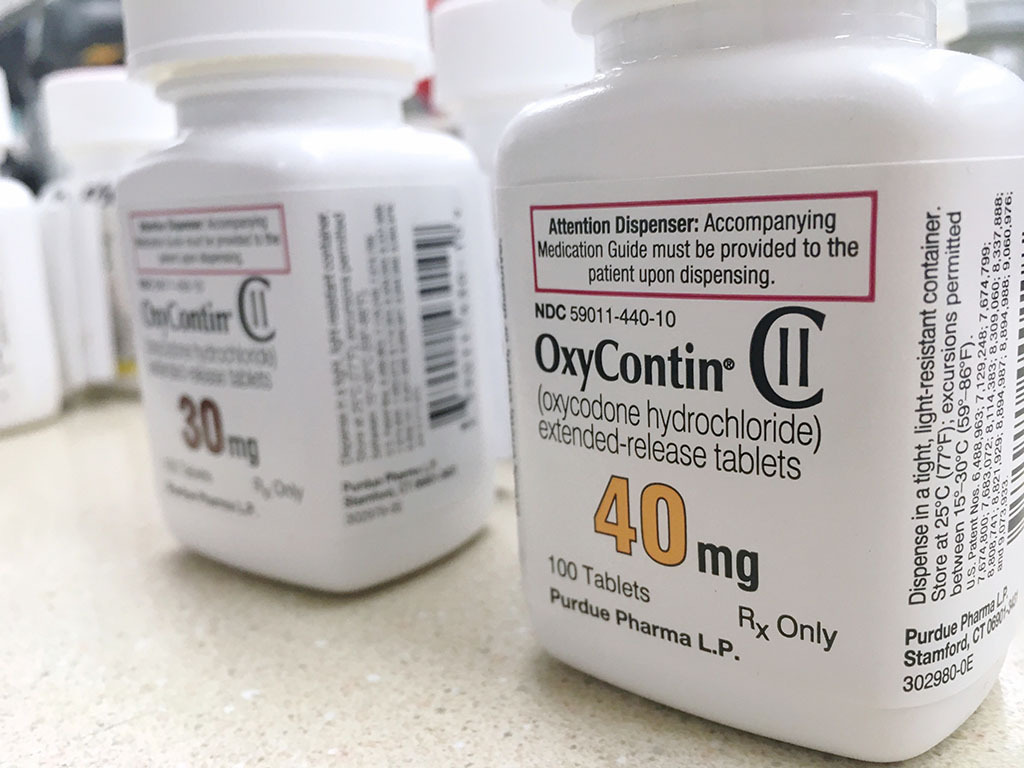
In the battle against pain, the global demand for legal opiates derived from the poppy plant has more than doubled in recent years. Tasmania remains a top supplier of the world's licit narcotics. Nearly half of the raw material for semi-synthetic drugs, such as oxycodone and naloxone, is harvested on the island. The remote Australian state owes its dominance to its unique geography, suitable agricultural land, a stable population, and technology that fueled dramatic increases in yields. Three drug companies control the planting, spraying, and harvesting on 850 farms; this oligopoly in the antipodes lubricated the explosive boom of painkillers.
For Tasmanian farmers, the crop is a salvation. Poppies have paid for irrigation projects and crop surveillance drones and children's educations. Poppies are not a free market commodity; they're a controlled substance. As a consequence, their livelihoods are, in part, controlled by global politics and drug policy. Now there are questions about the role the supply chain played in creating dual health care epidemics. Prescription drug overdoses are said to kill more Americans than gun violence. But these doubts and the demonization of pain treatment masks another epidemic: the majority of world has no access to pain reliving medicine. This is the story of what poppies mean for farmers on one island off the coast of Australia. It's also the story of what role Tasmania plays in alleviating or exacerbating the world's pain.





